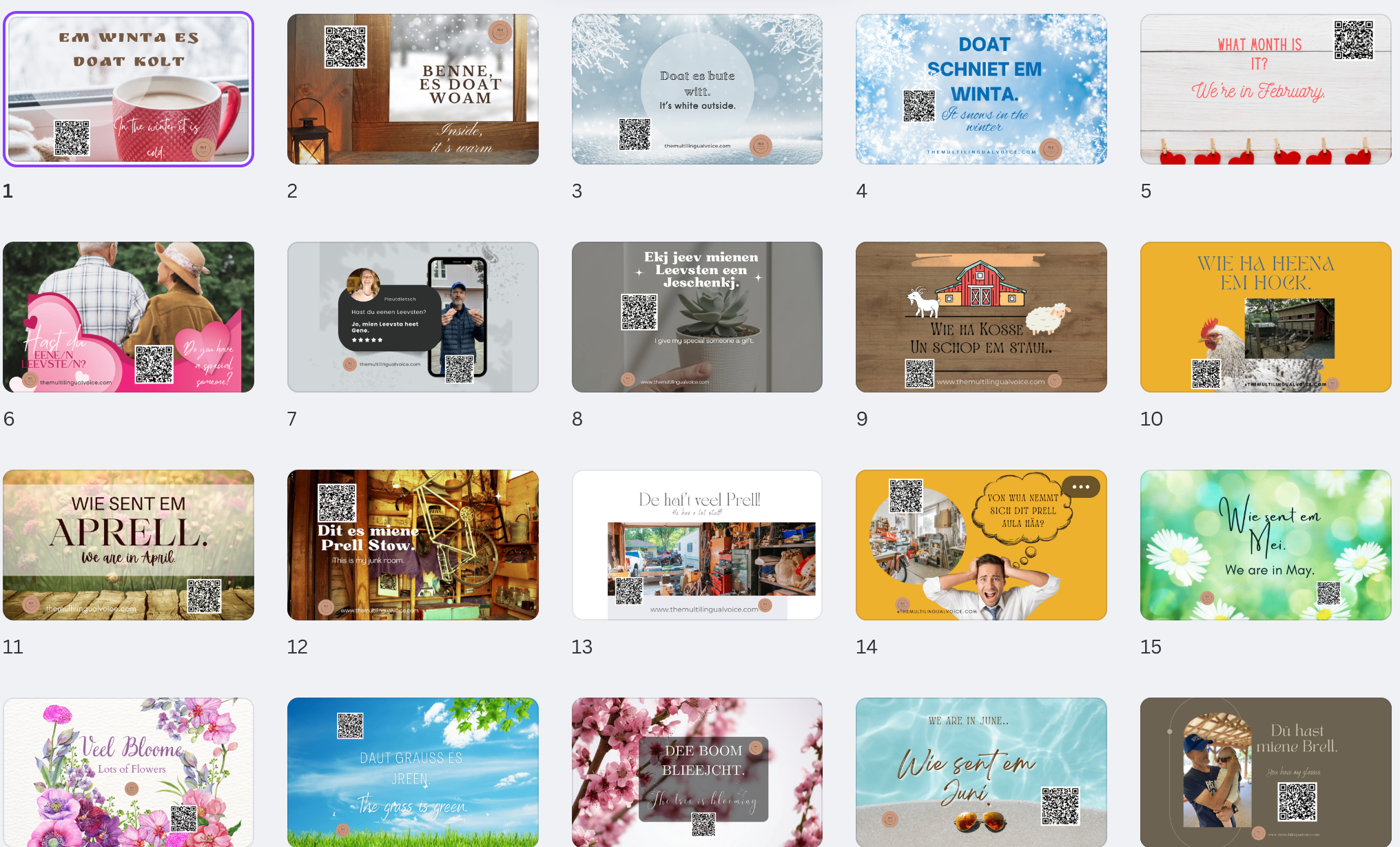3 Classroom Practices that Hinder Learning for ELLS

Can you believe it?! Some mainstream habits and routines can actually impede the language acquisition of your English Language Learners, and here's why:
Interactive Learning -
Students collaborating together in learning is a great form of practicing new concepts and brainstorming new ideas. However interactive activities can be a great waste of time for language acquisition if students haven’t been trained to include the language learner. Too many times, I’ve seen language learners sit back and not even try because the rest of the group is doing it for them. For interactive activities, proficient English speakers need to be trained in listening and prompting skills.
- Listening skills-
When it comes to partnering up a student learning English with another proficient student, it is so important that students are taught how to interact with a language learner. An English learner will need to be given time to answer a question or to make a comment. It is vital that the partner is familiar with waiting to give this time to the language learner to respond. Listening skills are vital in giving the language learner a chance to try and practice to move forward in the language.
- Prompting skills-
In my experience, many language learners will default to letting the fluent speaker take the role of communication. This is where the fluent partner needs to be taught or given strategies on how to prompt the language learner to speak. Teaching students to prompt each other for further clarification prepares them for active listening (an essential skill for deeper learning). Listening and prompting skills are not just important for the language learner, but EVERY learner that practices this is set up to succeed!!

Sentence Starters -
Sentence starters or sentence frames can be a great tool for the language learner, however, if they aren’t taught to use them this will be more of a hindrance than a help. It is important that language learners are given a chance to see and hear proficient examples of the sentence frames before expecting them to use them.
Depending on the level of language proficiency, will determine how complex of a sentence frame a language learner can use. Since it takes a lot of repetition for our brains to recall new vocabulary and language, sentence starters should be relevant and ones that the student will practice over and over again.
Raising Hands -
When hands are raised in the classroom and the “I know” or “me, me, me” starts, learning is shut down for a high percentage of learners. For language learners this triggers, “OK, stop thinking, they have the answer. I’ll let them talk.” To make the mainstream classroom inclusive, everyone needs to be given a chance to think and respond.
You can provide this by teaching your students the routine of waiting before you will call on them. This can be done by having them show you a quiet predetermined signal that only you can see. When it comes to calling on students, use random selection, for example, pop cycle sticks with names or numbers on them. This ensures that even the language learner will be called upon and be expected to respond
The Language Learning Guide
Get the FREE resource to boost your language learning efforts.
If you are wanting to learn a new language for a specific situation and you just can’t find the program to meet that need, I’ve created a guide with strategies and tools to create phrases that resonate with your context.
We hate SPAM. We will never sell your information, for any reason.




